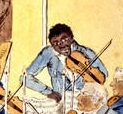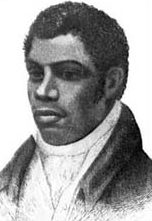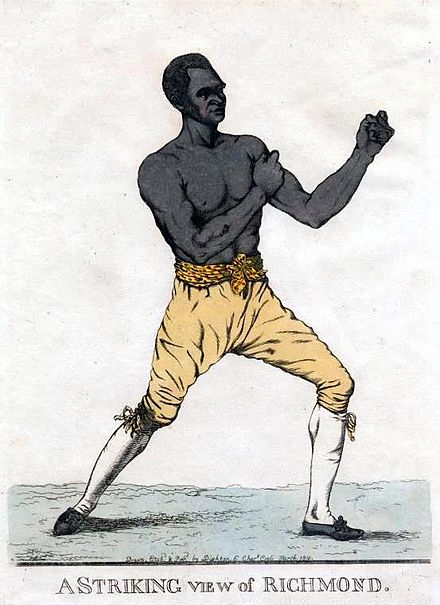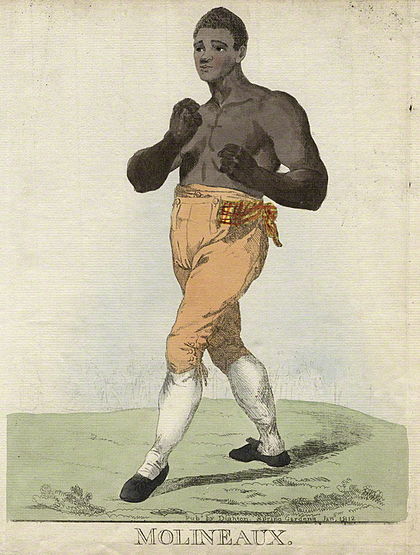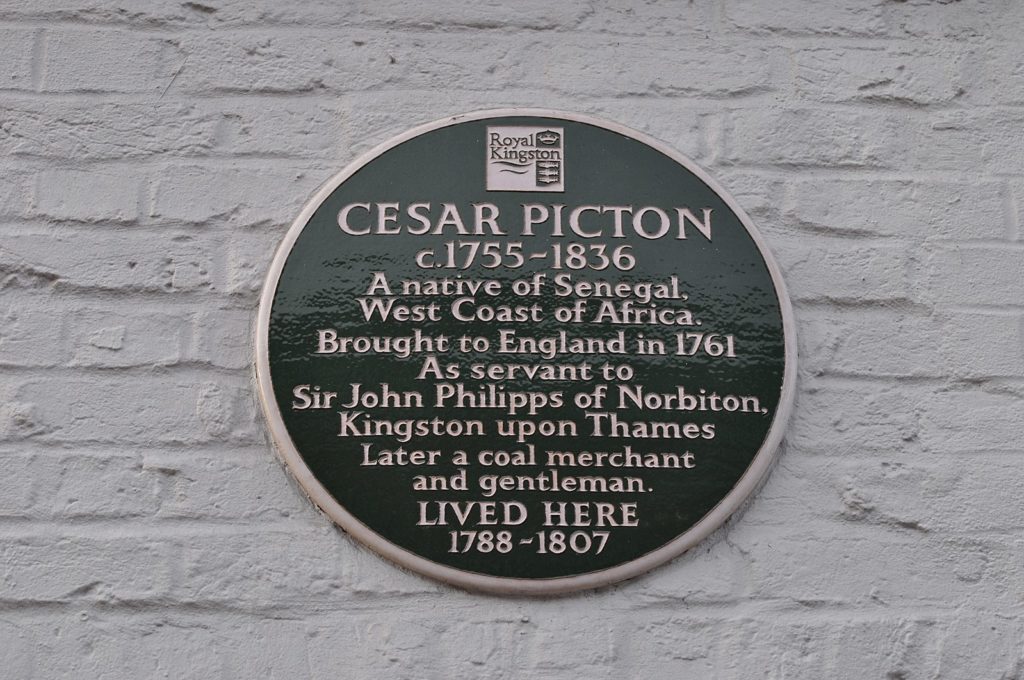Sorry this post is late, but in the fog that is our current existence, I hadn’t processed that my post day was Juneteenth until last night. So I scraped the “historical tea” post I had planned and got up to write up something new today.
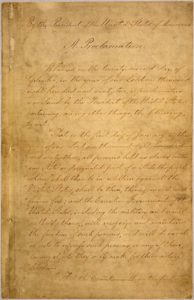
I think we’re all familiar with the Emancipation Proclamation. I was always taught that by this act, Lincoln freed “the slaves”. But this was not true. He freed only the enslaved people in the Confederacy, and there were slave states that stayed in the Union or were under Union control at the time. Enslaved people in Delaware, Maryland, Kentucky, Missouri, Tennessee, parts of Louisiana, and those counties of Virginia that were soon to form the state of West Virginia were not freed January 1, 1863, but had to wait until the ratification of the Thirteenth Amendment in December of 1865.
In the District of Columbia, compensated emancipation had been enacted in April of 1862. The District’s 900-odd slaveholders were forced to free their slaves, with the government paying owners an average of about $300 for each (it also paid each emancipated slave $100 if they agreed to immigrate to Haiti or Liberia), so the Emancipation Proclamation did not apply there, either (which is important it terms of the Fugitive Slave Act still being enforce for those still enslaved in the Union states and controlled territories).
And as we know, the proclamation was unenforceable in the states that seceded, leading to enslaved people to remain in bondage until the Union gained control. In Texas, General Gordon Granger announced federal orders on June 19, 1865, proclaiming that all people held as slaves in Texas were free. And today we celebrate that delayed justice.

So Happy Juneteeth. May you and yours be safe in these uncertain times, and may justice prevail in the many cases of state-sanctioned violence against black citizens that we’re still seeing today. If you’d like to support a black author and read a great Juneteeth story, I highly recommend Kianna Alexander’s historical novella Drifting to You.

